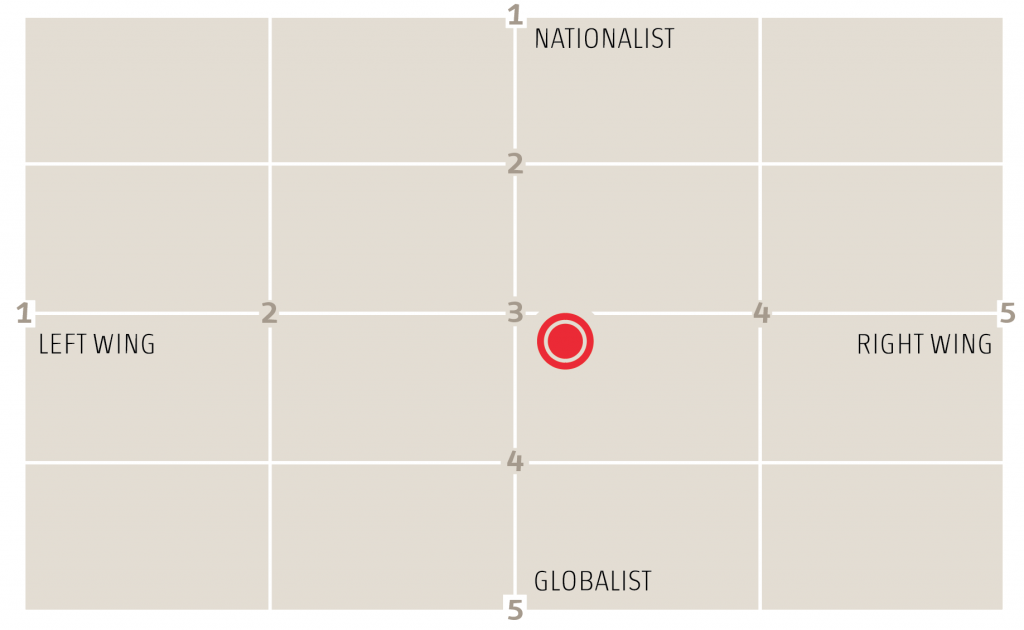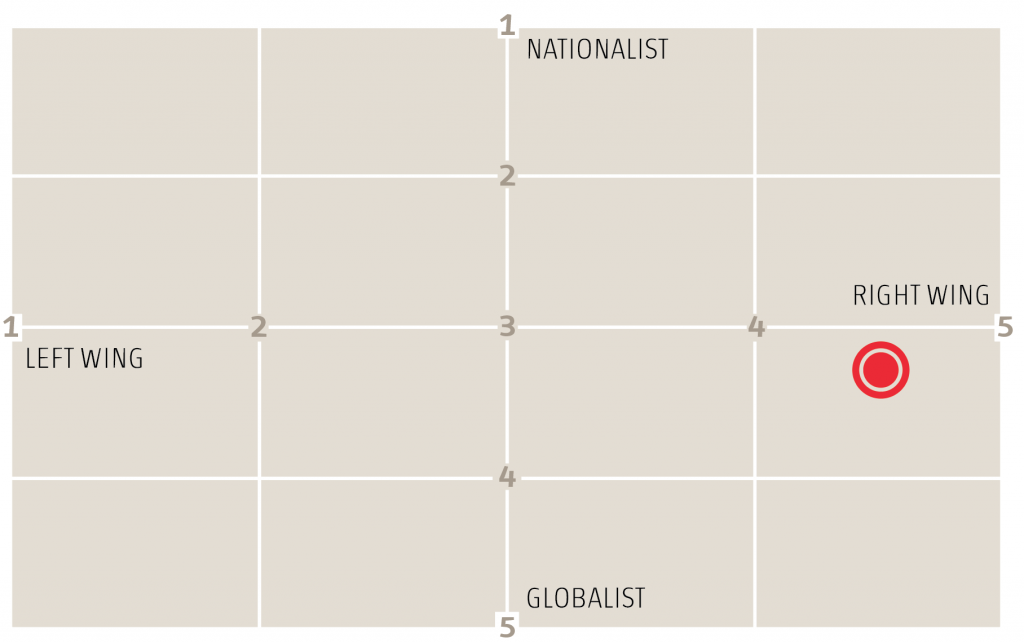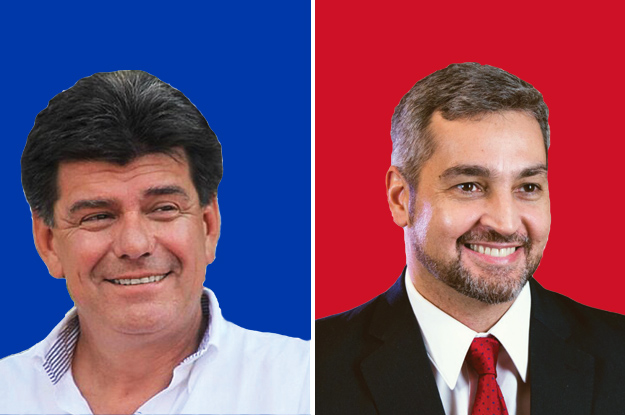Brazil | Colombia | Costa Rica | Mexico | Paraguay | Venezuela | Cuba
See above for a breakdown of the region’s other 2018 transitions, or click here for the full list from our print edition.
Election date: April 22
Format: One round. The candidate with the largest share of the popular vote will be declared the winner.
 Efraín Alegre, 55, former senator
Efraín Alegre, 55, former senator
Authentic Radical Liberal Party
“Paraguay doesn’t deserve this moment, to have a president who has made the country anxious for six months.”
How he got here: A former national deputy and senator, Efraín Alegre served as public works and communications minister under President Fernando Lugo from 2008 to 2011, and now leads the center-right opposition Authentic Radical Liberal Party. This is his second run for president; in 2013 he was the chief opponent to President Horacio Cartes.
Why he might win: He’s the most important member of the chief opposition party, and he’s up against a governing party whose president has the approval of only 1 in 5 Paraguayans
Why he might lose: Alegre’s biggest challenge will be a lack of charisma. Some also see him as a weak candidate, a perception bolstered by his loss in 2013. Together, these will make it difficult for Alegre to attract the independent vote, which will be paramount to winning in April.
Who supports him: Opponents of re-election and some leftist groups, thanks to his party’s alliance with the leftist Guasú Front, which is supplying Alegre’s running mate.
What he would do: Alegre led the opposition to Cartes’ 2017 effort to change the constitution to allow for presidential re-election; a win in April would settle the matter for now. He has also called for doubling the number of police in the streets to tackle crime, and for a national constituent convention to reform the judiciary.
Ideology:
 AQ asked a dozen nonpartisan experts on Latin America to help us identify where each candidate stands on two spectrums: left wing versus right wing, and nationalist versus globalist. We’ve published the average response, with a caveat: Platforms evolve, and so do candidates.
AQ asked a dozen nonpartisan experts on Latin America to help us identify where each candidate stands on two spectrums: left wing versus right wing, and nationalist versus globalist. We’ve published the average response, with a caveat: Platforms evolve, and so do candidates.
 Mario Abdo Benítez, 46, senator
Mario Abdo Benítez, 46, senator
Colorado Party
“History must be analyzed in a dispassionate way, and we can’t deny that Stroessner built a large part of Paraguay’s current infrastructure.”
How he got here: The son of former dictator Alfredo Stroessner’s private secretary, Abdo represents a dissident voice in the ruling Colorado Party. The owner of two construction companies, Marito, as he’s known, was elected senator in 2013 and president of the Senate in 2015.
Why he might win: Though he defeated President Horacio Cartes’ choice for the Colorado nomination in December, Abdo is still likely to have the party’s money and machinery working in his favor. He’ll also benefit from divisions on the left and a supportive media.
Why he might lose: Voting for a son of the dictatorship is simply not an option for many Paraguayans.
Who supports him: The Colorado Party’s conservative base, which has distanced itself from Cartes. Soy farmers, whose support Abdo earned as a congressman by opposing taxes and regulations on the crop.
What he would do: Abdo would continue Cartes’ focus on driving economic growth through trade and foreign investment, although he promised voters during the primary campaign that he would support state businesses. A staunch Catholic, Abdo opposes progressive social changes like the legalization of abortion and same-sex marriage.
Ideology:






